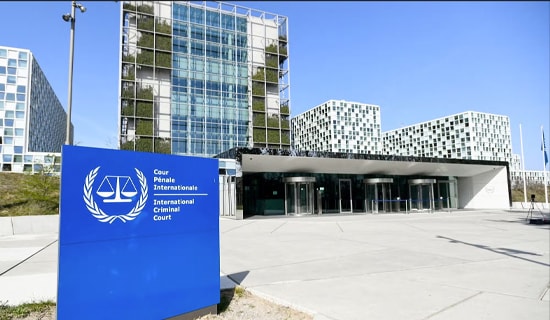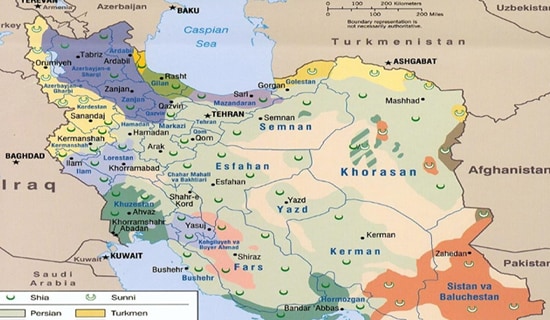On June 17, 2007, renowned Palestinian poet Mahmoud Darwish published his reflections on the internecine fighting in Gaza in the London daily Al-Hayat. Darwish is known both for his literary output and for his political activism; he was a member of the PLO Central Committee from 1987 until 1993, when he resigned in protest of the Oslo Accords.
The following are excerpts:[1]
"Did we have to fall from towering heights and see our blood on our hands, in order to grasp that we are not angels, as we used to believe? Did we also have to expose all our faults before everybody, so that our true nature should not remain virginal? How much did we lie when we said: 'We are an exception.' That you believe yourself is worse than to lie to another. To be friendly with those who hate us and cruel to those who love us – that is the baseness of one who aggrandizes himself and the arrogance of the lowly.
"Oh Past: Do not change us as we get farther from you. Oh Future: Do not ask us: 'Who are you? And what do you expect from me?' Because we too do not know. Oh Present: We have borne little, for we are but insufferable passers-by.
"Identity is that which we bequeath, and not that which is bequeathed us. What we invent and not what we recollect. Identity is the false mirror, which we should break whenever the image pleases us.
"He wore a mask, took courage, and murdered his mother, because she was an easy prey for him, and because a woman soldier stopped him and exposed her breasts to him, saying: 'Does your mother have such as these?'
Were it not for shame and darkness, I would visit Gaza, without knowing the way to the house of the new Abu Sufyan, nor the name of the new prophet. And had not Muhammad been the Seal of the Prophets, each tribe would have had a prophet, and each Companion would have had a militia.
"June has astounded us on its fortieth anniversary. If we do not find one to defeat us again, we defeat ourselves with our own hands, lest we forget.
"No matter how much you look into my eyes, you would not find my sight there. Disgrace has snatched it away. My heart does not belong to me, nor to another. It has come to do without me, [but] without becoming a stone.
"Does he who cries over the corpse of his brother 'Allahu Akbar' – does he know that he is an infidel, because he sees Allah in his own image, smaller than a normal human being? The prisoner who aspires to inherit the prison concealed a smile of victory from the camera, but he did not succeed in suppressing the joy which spilled out of his eyes. Perhaps because the hasty text was more powerful than the actor. What do we need Narcissus for, so long as we are Palestinians, and so long as we do not know the difference between a mosque (jami') and a university (jami'a), because they both come from the same root. What do we need a state for, as long as it and [the passing] days have the same destiny?
"A sign on the door of a nightclub: Welcome Palestinians returning from battle. Entrance is free, and our wine does not intoxicate…
"'Me and the stranger against my cousin; me and my cousin against my brother; and me and my sheikh against myself.'[2] This is lesson number one in the new national education under the vaults of obscurity.
"Who will enter Paradise first? He who died by the bullets of the enemy, or he who died by the bullets of a brother? Some sages say: Sometimes your enemy is one born of your own mother.
"The fundamentalists do not make me angry, for they are believers in their own way. But I am angered by their secular supporters and by their atheist supporters who believe but in one religion – their own pictures on television.
"Someone asked me: Will a hungry guard defend a house whose owner traveled to spend his summer vacation on the French or Italian Riveria – whichever one of them. I said: He will not guard. He asked me: Does me + me = two? I said: You and you is less than one.
"I am not ashamed of my identity, because it is still [a work] in progress. I am, however, ashamed of some of the things mentioned in Ibn Khaldun's Prolegomena.[3]
"You are, from now on, another."
Endnotes:
[1] Al-Hayat (London), June 17, 2007.
[2] This is an ironic inversion of a common Arab saying: "Me and my brother against my cousin; me and my cousin against a stranger."
[3] The Prolegomena (Al-Muqaddima) is a work by Ibn Khaldun (d. 1406) that analyzes Arab history and society.








